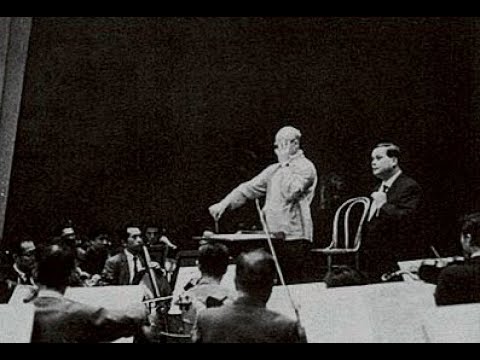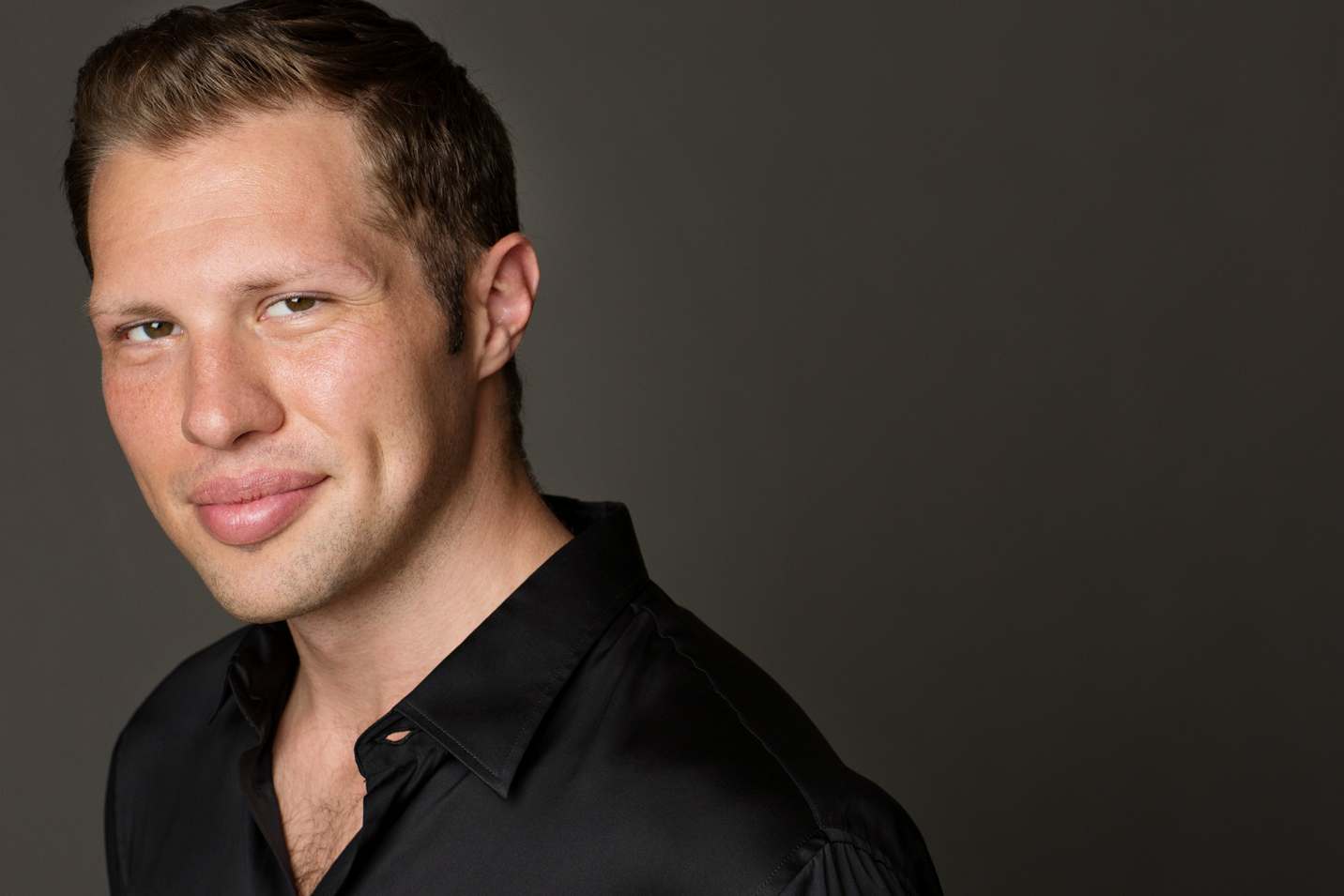I know that Kindertotenlieder is technically 5 songs, but no single piece from it can measure up to the sum of its whole. It is a piece, like this recording, that must be taken all together, both for the incredible sweep of Mahler’s score and the devastating journey the singer must make. Recorded live in 1958 with the Bavarian Radio Symphony Orchestra under the baton of Paul Kletzki, this recording gives us a young (33) Fischer-Dieskau in repertoire which he would sing for years to come over his prodigiously long career. The voice, as always, is glorious, the control impressive and the diction crisp and expressive. But the reason this recording struck me above the many others I have heard of him, is how far Fischer-Dieskau goes in his dramatic portrayal. In few other recordings does he let himself come so close to the edge as in this recording. Even from the opening phrases of the first piece Fischer-Dieskau’s always easy voice seems somehow constrained, conveying how difficult it is for this father to contain his grief and keep it from consuming him. As I can attest, it is difficult to control one’s emotions on their first several outings with this piece. Perhaps what we are hearing is a budding master working through just how to get that balance of living in a piece while staying far enough from the edge to sing it with full command of their powers. This aside, throughout the recording there is a marked difference from the ever in control (and unbelievably gorgeous) recordings that would come to define the Fischer-Dieskau we hold in our collective memory. And although it makes me love those other recordings no less, this one has a special power for me.
Dietrich Fischer-Dieskau sings Kindertotenlieder
select author’s name to read all of their posts
Baritone Mario Diaz-Moresco makes his NYFOS debut with NYFOS Next on February 13. Other highlights include recitals with pianist Spencer Myer at the Rocky River Chamber Music Society, the Mendocino Music Festival, the Chamber Music Festival of Saugatuck, the Dame Myra Hess Memorial Series and with the Brooklyn Art Song Society; Papageno with the Dubuque Symphony Orchestra, singing the Baritone role in Phillip Glass and Allen Ginsberg’s Hydrogen Jukebox with Chautauqua Opera, performances at Roulette Intermedium and Issue Project Room, performing the music of Joan La Barbara at the Metropolitan Museum of Art and playing the lead role in Robert Ashley’s Dust, which was named one of the 10 best classical music performances of 2017 by The New York Times.



0 Comments